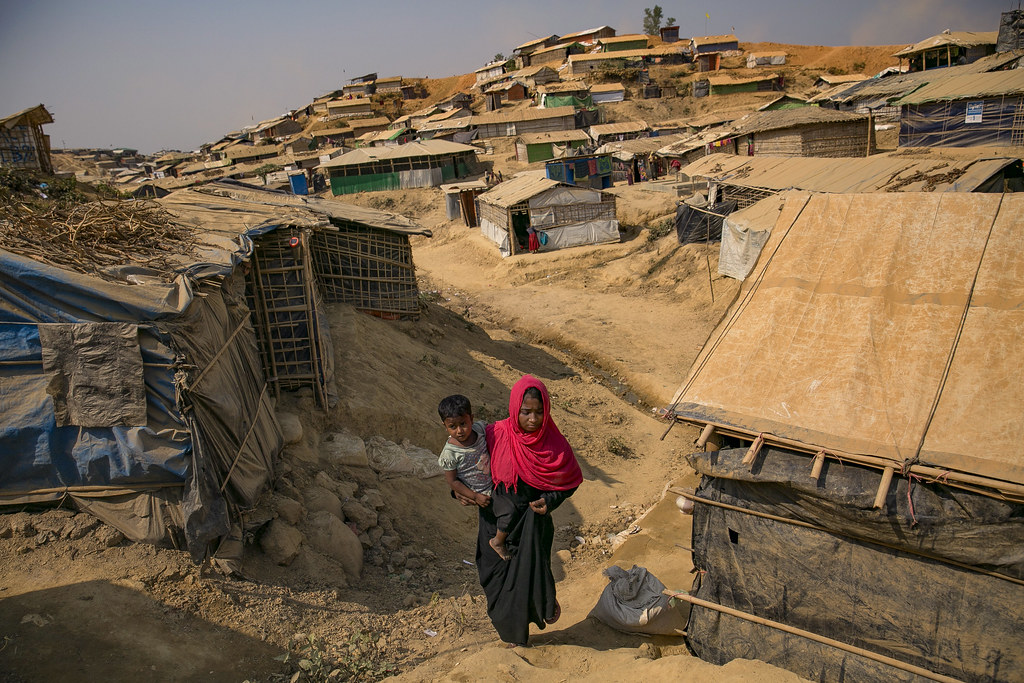
A recent article published by Human Rights Watch (HRW) highlights the Bangladeshi police abuse occurring in Rohingya camps.
In the past decade, nearly a million Rohingya have fled persecution by the Myanmar military. Those who have fled currently live in refugee settlements in Bangladesh.
The Bangladesh Armed Battalion (APBn) has been deployed in refugee settlements to provide security for refugees. However, HRW has reported allegations of extortion, arbitrary arrests, torture, and sexual harassment of refugees at the hands of the APBn police force.
Earlier this month, a Rohingya woman reported that a Bangladeshi officer had been stalking her for a year. She alleges that on 7 January the same officer entered her home under the pretext of a search operation and attempted to rape her.
Activists have stated that the Bangladeshi authorities rarely hold police in the Rohingya refugee camps accountable for human rights violations.
Speaking with HRW one activist alleges that, “The APBn police force has been targeting the Rohingya girls and women that they find attractive, threatening to arrest male family members if they refuse to cooperate.”
HRW has recommended that the Bangladesh authorities investigate and take seriously refugees' accusations of police violence. Only in doing so will they be able to foster a secure and safe environment at the camps.
Read the full article on Human Rights Watch.
